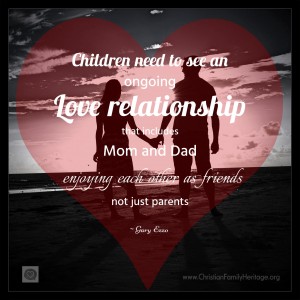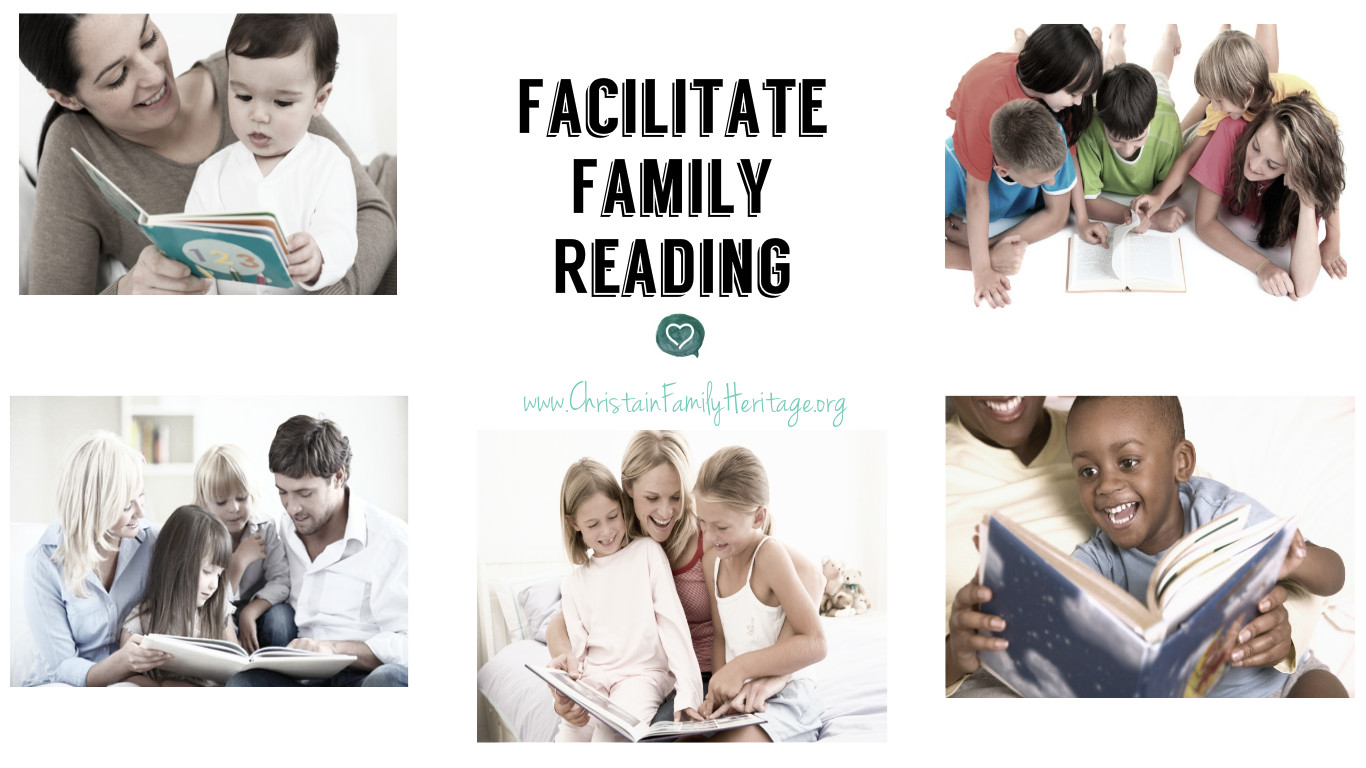Using the Pure Word to Speak Life
 Using the Pure Word to Speak Life
Using the Pure Word to Speak Life
On Prayer, Declarations, and Blessings from the Word
By Susan Ekhoff
The Word of God is filled with enough truth to last us a lifetime and through eternity. As parents we can tap into the rich wisdom that is so beautifully articulated by the Holy Spirit allowing it to strengthen and change us. Three ways to bring the Word into the lives of our children are through declaring its truth over them, making our requests directly from it, and invoking blessings from its promises.
Declare the Word
Declarations from the Word are statements of biblical truth, often centered in who Jesus is, the position we hold in His affections and principles of Kingdom life. They can be read to the family and children can repeat them back phrase-by-phrase. A declaration can be made from almost any verse in the Bible by changing the main thought into a bold statement of fact. Resources for declarations can be found in books by John Ekhardt and Patricia Young, but I write them myself from favorite passages of scripture.
Example: I am accepted in the Beloved. Greater is He that is in me, than he that is in the world. Nothing can separate me from the love of God, which is in Christ Jesus my Lord. Because Christ has set me free, I am free indeed. I have been delivered out of the kingdom of darkness into the Kingdom of Light.
Pray the Word
To pray the Word, we simply ask the Lord for anything we desire from its truth. The beauty of praying directly from the Word is that we are saying what God says back to Him. We are asking for the very thing that He desires to give us. There are some excellent books on praying the Word by Beth Moore and Stormie Omartian.
Example: Lord, use me to demonstrate that my children are loved by You, the very bride of Christ. Give them victory through their faith in Christ. Teach them that Jesus in them is far greater that anything they will face in the world. Keep them from the evil one that they will not be bound by sin, but walk in freedom. When they are presented with a choice, help them to choose the Kingdom of Light over the kingdom of darkness. Amen.
Bless with the Word
Blessings are a holy statement about the future, a declaration of faith, which sets vision and direction in families. I have written these from a passage of scripture on various topics and had the family read them aloud together before bedtime. For more information on blessings read The Blessing, John Trent and Gary Smalley and study OT passages where fathers bless their children.
Example: May you be accepted in the Beloved and know that greater is He that is in you, than he that is in the world. May you know that you cannot be separated from the love of God, which is in Christ Jesus our Lord. May you walk in freedom because Christ has set you free and you are free indeed. May you be continually delivered out of the kingdom of darkness and choose to walk into the Kingdom of Light.
Perhaps more powerful than all of these is the demonstration of biblical principles through daily example which soak our children’s souls like a slow steady rain and bring Truth into Technicolor. Emphasizing scripture in our homes is essential.



